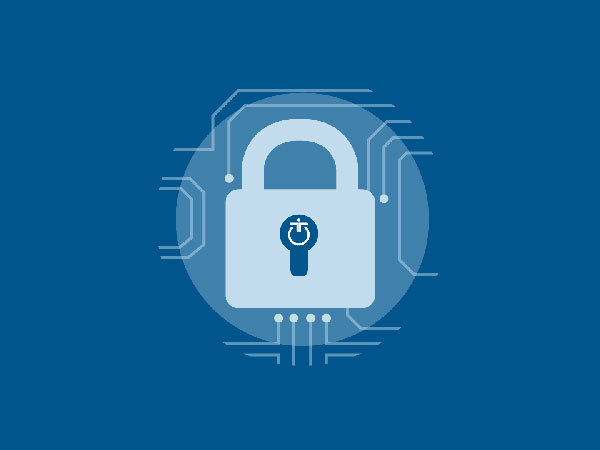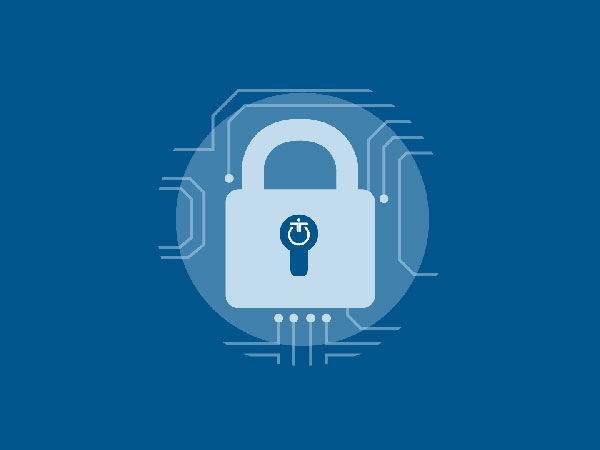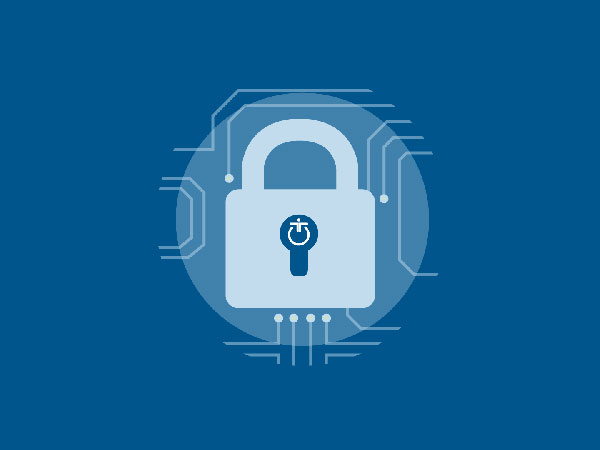Using the cloud is convenient, but many organizations worry about the security of the data they store in it. Here are some tips and information to help assuage those fears and make you smarter about security.
The Security Market Is Getting Bigger
The market for security products and services is steadily growing. This, according to the Research and Markets’ Global Security Services Market 2015-2019 report. And, the most popular “product?” Cloud-based security.
It’s leading so much so that it’s predicted to reach a market size of nearly $9 billion by 2019. A lot of this will be absorbed by the state sector with increased spending in cloud infrastructure. The knock on effects to the private sector form the state spending so much on security are tremendous.
Most Companies Experience Data Breaches
In 2014, you almost couldn’t turn on the news without hearing about brands like Target or Neiman Marcus, JP Morgan Chase, and even Home Depot being breached and data being stolen or somehow compromised.
At the end of 2014, a Ponemon Institute report disclosed that 43 percent of companies had suffered a data breach that year. This was up 10 percent from the prior year. And, breaches in South Korea affected 40 percent of the population. This breach surrounded credit card information.
It’s not unusual for a company’s data centre, or its infrastructure, to be breached. In fact, your company’s network has probably been breached at one point or another.
It Has Nothing To Do With Public Or Private Cloud Storage
Most people mistakenly believe that security is better on a private network versus a cloud-based on. But, this is not true. While a private cloud strategy might make it easier to comply with HIPAA and PCI standards, it’s not inherently more secure. Security has more to do with your overall strategy, security protocols, and employee and user behaviour than anything else.
Some companies focus so intensely on non-technical attacks, called social engineering, that it makes software-based approaches to security seem obsolete before they’re even installed. If you want to learn more about penetration testing, and how non-technical social engineering compromises your security, visit the website.
Security Initiatives are Evolving
Cloud security might not have officially made the list of IT initiatives for this year, security, in general, did. In fact, 36 percent of IT executives ranked security as their #1 concern, while 31 percent said the cloud was on the top of their list of initiatives. So as time goes on the trend will become clearer. As more and more IT executives adopt the cloud for mission critical and day-to-day operations, cloud security will be of increasing concern.
In time, this will no doubt evolve toward more cloud security training for IT executives. Companies will also need to liaise closer with their cloud providers and adopt their best practice advise for keeping their data and proprietary applications secure.
Cloud Storage Is Perceived as Being Risky
Admit it. When you think about the cloud, you think about hard drives floating up in the sky. Cloud storage is important to both companies and individuals, with more than 50 percent of users responding to the Cloud Usage: Risks And Opportunities Report, saying that cloud storage was the riskiest cloud application. The second most risky application was either finance or accounting apps.
Again, companies will need to adapt their policies, training and business practices to the changing processes. Employees should be reminded that their data is still not immune to misfortune on hard drives in the office and more so on mobile devices and laptops that travel away from the office. Offices are also susceptible to break ins, water and fire damage. It is surprising how many projects are on one hard drive, leaving companies exposed to single points of failure. Sure, the server may back up each night, but what about a project that is on a laptop that is forgotten on a train. So developing a security awareness and strong backup and password policies can go a long way in improving data security.
Your Employees Might Be The Problem
Your employees might be the problem, according to a survey conducted by The Register. It showed that 50 percent of respondents believed the biggest challenge in cloud services is assessing the security of user’s devices before they are brought on premises or adopted by users.
“Bring your own device” or “Bring your own application” trends increase the risk of security in the cloud because these are largely unauthorised devices on the company’s network.

Enterprise data security: Driving business resilience post-COVID
Many...











![Cybersecurity: the motivation behind cyber-hacks [Infographic]](https://crayondata.ai/wp-content/uploads/2022/05/varonis-hacker-motives-red-flags-and-prevention-ig-960x4826-2-1.png)






![Most common tactics used by mobile apps to snatch your data [Infographic]](https://crayondata.ai/wp-content/uploads/2022/05/social-media-1.jpg)